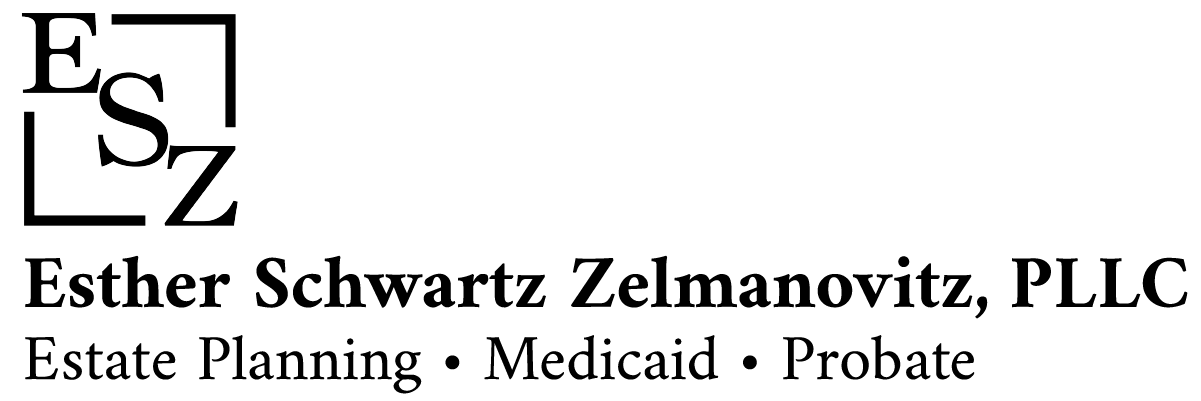While unpleasant to think about, avoiding this topic will be much more unpleasant to deal with in the long run. Parents are often the bedrock and support of children well into their adult years. The death of a parent irrespective of a child’s age can be painful and difficult. The death of a parent is often more traumatic to a person with special needs because of the deep reliance that the child may have on his parent as a caretaker.
It is so important for every parent to have an estate plan in place, but even more important for parents of special needs children (whether minor or adult children) to have their estate plans in order. If a proper plan was not in place during the parent’s lifetime, an inheritance to the child could jeopardize the child’s much needed government benefits. Without a plan in place, imagine the added trauma of having government benefits cut in addition to the loss of the parent.
Eligibility for government benefits most often have very strict income and asset requirements. During the parent’s lifetime, the child may have little or no money, allowing them to qualify for benefits. Under New York State law, without a will or other estate plan in place, a child will inherit from a deceased parent’s estate. This could result in a child having too much money to continue receiving much relied upon government benefits for health care, housing, social services, or long term care, but not enough money to independently support himself or herself or pay for needed services.
Most basically, a parent of a child with special needs who relies upon or may rely upon government benefits in the future, must ensure that the child’s inheritance is protected within a third party supplemental needs trust. The parent can establish a lifetime supplemental needs trust during his or her own lifetime, that can continue after the parent’s death during the child’s lifetime, or the parent can have language drafted in his or her will providing for the child’s share to be held in a supplemental needs trust that will enable the child to benefit from his or her inheritance without jeopardizing government benefits or the inheritance.
Sadly, without proper guidance, parents make the mistake of leaving the child’s share outright to his or her sibling with the expectation that the brother or sister will provide for their sibling, or worse, disinheriting the child with special needs altogether. Even with the best of intentions, a well meaning sibling may not be able to carry out mom or dad’s instructions. Divorce, bankruptcy, creditor issues, death, are just some ways that the money could disappear beyond the control of the family. Not to mention a situation that may test a sibling’s loyalty, such as the healthy sibling going through a hard financial time and a need to “borrow” the money earmarked for the disabled sibling.
It is also important for parents to name a guardian for their child with special needs, to ensure that the person who they find most appropriate will have the legal authority to manage legal and financial matters and health care decisions for the child. For a minor child, this can be addressed in the will. For an adult incapacitated child, this may require petitioning the appropriate court to have the court appoint the standby guardian after the parent can no longer serve as guardian for the child. It is best if this is addressed while the parent can still make these choices and manage the process.
It is important for every adult to have an estate plan, but the stakes are higher when there is a beneficiary with special needs. Parents of children with special needs certainly have extra responsibilities but having an estate plan in place is a responsibility that should not be ignored until it is too late.
Contact us today to review your estate plan and help you plan for the next generation, including your children with special needs.
